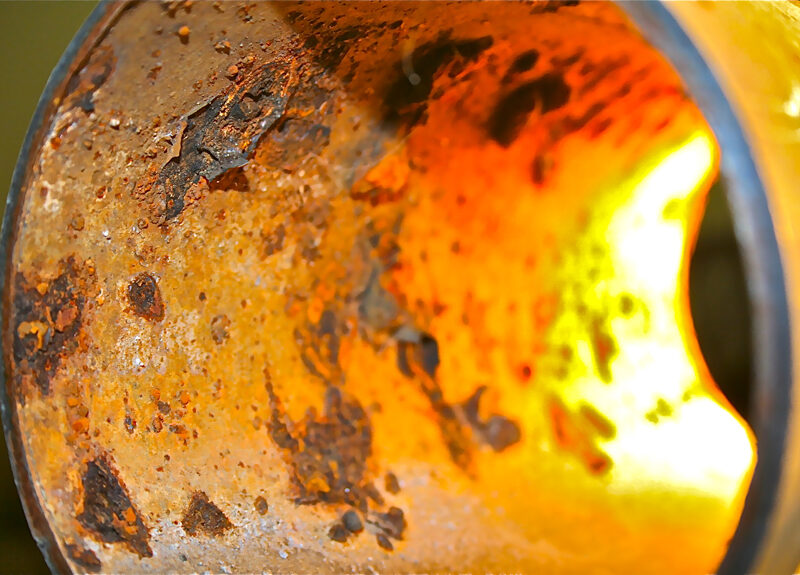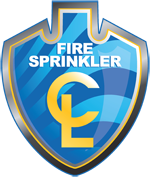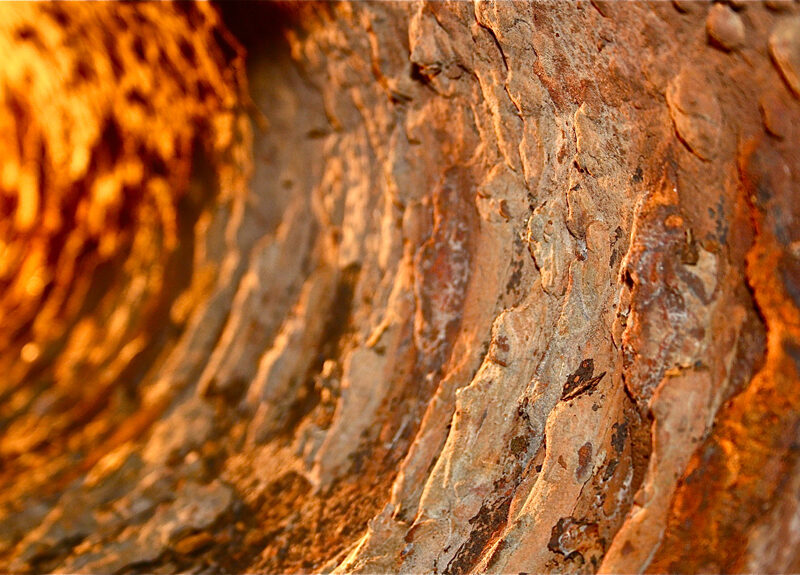Over 90 Years of Fire Protection Expertise
Protect Your Sprinkler Systems from Corrosion Damage

Comprehensive Corrosion Mitigation for Fire Sprinkler Systems

Crisp-LaDew Fire Protection provides expert corrosion mitigation for fire sprinkler systems, ensuring long-term reliability for commercial and industrial properties across Dallas, Fort Worth, Granbury, and North Texas. Our NICET-certified technicians use advanced methods, including nitrogen-based systems and chemical treatments, to prevent and address corrosion in wet, dry, and pre-action sprinkler systems.
By effectively mitigating corrosion, we help you avoid costly repairs, leaks, and system failures, while maintaining compliance with NFPA standards. Crisp-LaDew’s corrosion mitigation services protect your facility, extend the life of your sprinkler systems, and reduce fire risks for a safer, more efficient operation.
Tailored for Your Facility’s Needs
Customized Corrosion Mitigation Solutions

Expert Corrosion Mitigation for Commercial and Industrial Systems
Every fire sprinkler system has its own corrosion challenges, and Crisp-LaDew provides tailored corrosion mitigation solutions for commercial and industrial properties across the DFW metroplex. Our NICET-certified technicians perform comprehensive assessments to identify corrosion risks and apply advanced techniques, including chemical inhibitors and system retrofits, to protect your investment. Serving Dallas, Fort Worth, Granbury, and surrounding areas, our corrosion mitigation services help ensure your fire sprinkler systems remain compliant, efficient, and fully operational when emergencies arise.
 Search
Search